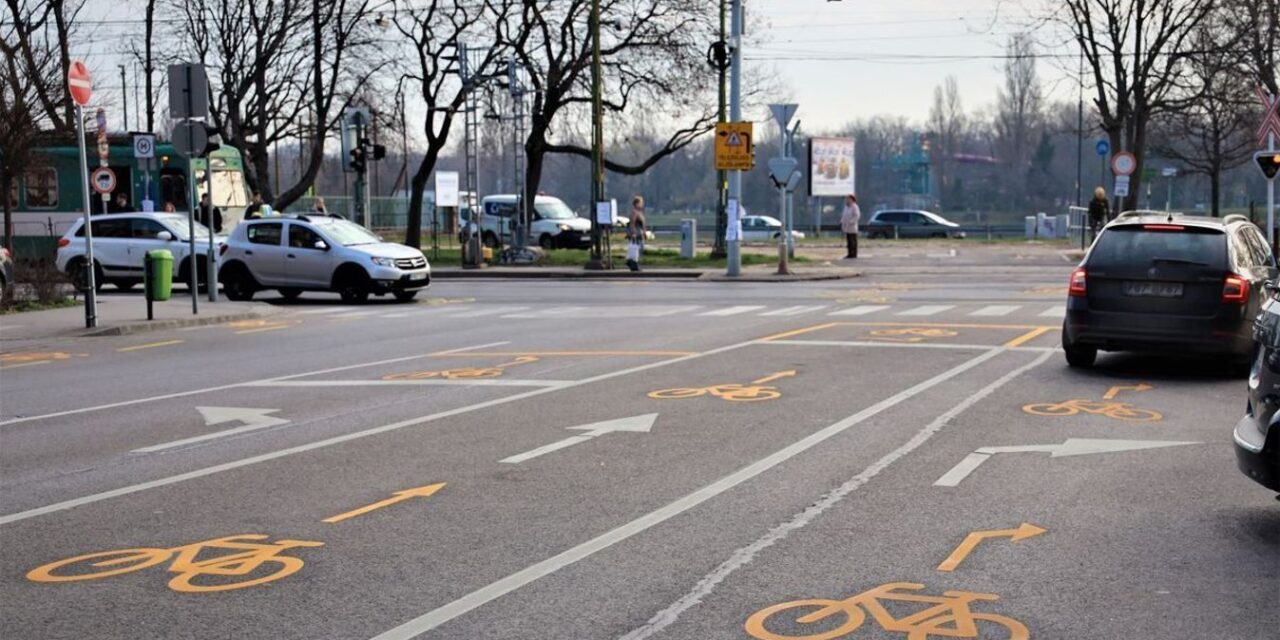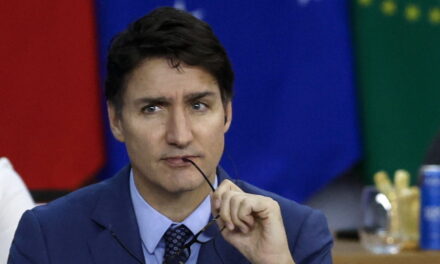The progressives would double the parking rates for non-local residents, and continuously raise those for local residents. They see it as not a civil right to store privately owned vehicles in public spaces for free.
Seven NGOs would fundamentally change the regulation of parking in the capital. 15-point proposal compiled for the session of the Metropolitan Assembly on October 4, 2024 and distributed to the representatives of the capital, they hope that traffic jams can be significantly reduced, it will be easier to find a free parking space, while there will be more space for greening, walking and cycling. .
According to their most important factual findings interpreted as the starting point of the concept
• Stationary vehicles make cycling difficult, in many cases completely impossible, even though cycling is preferable to driving a car.
• The parking fee (if any) does not cover even a fraction of the value of the public space occupied by the vehicles. Free of charge does not make the beneficiary aware of the value of the use of public space provided to him.
• It is discriminatory that the local government waives lost income caused by vehicles stored on public land to the detriment of residents who do not own a vehicle, as well as residents who own a vehicle but manage to store it outside of public space.
• The free and low parking fee greatly encourages car traffic.
Based on this, civilians would facilitate the change of function of public areas with a tariff solution on the basis of market and public area management, making sure that the traffic necessary for the operation and supply of the area (including loading and parking) does not become impossible.
They see it as not a civil right to store privately owned vehicles in public spaces for free.
Since the public space has value, according to the signatories of the proposal, the granting of the permit should be tied to the payment of a parking redemption fee instead of a procedural fee. The public discount for the first and second car per household would be more strongly differentiated, and any additional discounts that may still exist would be abolished.
Outer districts used as parking lots
Many questions arose in connection with the proposal, and we asked Judith Szegő, project manager of the Air Working Group, about them.
From a transport professional point of view, paid parking is primarily a traffic control tool, and in ten districts (IV and XV-XXIII), therefore, there is no such system at all. However, according to the specialist, those districts where there is none are also in a difficult traffic situation, which would only get worse with the (necessary) increase in the parking fees of the inner districts, since people coming from further afield would already often use the public parking spaces of the outer districts as P+R.
Another aspect is the issue of public spaces. In his opinion, the public areas of the districts that do not currently have paid parking also represent significant value, and for their use, except for parking, you have to pay in almost all other cases.
The livable environment of the local residents and the provision of ventilation of the city also require that there should be as much green space as possible in the outer districts as well. However, it greatly complicates the creation of green areas, and in many cases makes it impossible to use the available areas for car storage and parking.
There were and are still ongoing negotiations with the districts, but - as he emphasizes - with their current letter, they wanted to get the Capital Assembly to make the changes to the regulations within its competence.
Variable rates
No numerical proposal has yet been made for the parking fee for non-local residents, however, in the opinion of the Air Working Group, it should be doubled from the current level, and at least the category D zone should be extended to the entire area of the capital.
On the other hand, a proposal was made for parking fees for local residents:
According to this, the parking redemption fee is a specified percentage of the annual parking fee - the hourly parking fee multiplied by the number of annual hours required to pay. Initially, 2 percent of the amount calculated in this way should be paid for the first car (that is, they would initially give a 98 percent discount). According to their percentage proposal, the fee for residents waiting in parking zones for the first car would be as follows:
• Zone A: HUF 2.4 million/year (100 percent) – HUF 48 thousand/year (discounted)
• Zone B: HUF 1.575 million/year (100 percent) – HUF 32 thousand/year (discounted)
• Zone C: HUF 900,000/year (100 percent) – HUF 18,000/year (discounted)
• Zone D: HUF 600,000/year (100 percent) – HUF 12,000/year (discounted)
However, these parking discounts will be gradually reduced over the years, putting pressure on vehicle owners to find a storage solution for their car outside of public areas.
According to the most radical points of the proposal
particularly polluting cars would not be able to receive a residential parking discount
(for example, from 2026, those with Euro 1 engines and worse, from 2028, not even those with worse than Euro 4, and from 2030, not worse than Euro 5). It would not even be possible to drive into the protected areas with these vehicles.
Parking fees for large cars (typically over 2 tons) would be increased by 100 percent on the grounds that they take up more space.
The creation of a unified parking system in the capital is not a prerequisite for the implementation of the concept, but it would help the implementation to a great extent. Revenues from parking fees would be used to improve the quality of life of the population.
The proposal on the transformation of the parking regulations was signed by the Air Working Group, A Járda Pedestrians, the Pedestrian Public Association, the Közlekédő Tömeg Egyesület, the Hungarian Transport Club, Miutcánk and the City and Mobility Institute.
Featured image: Metropol/Richard Fügedi













